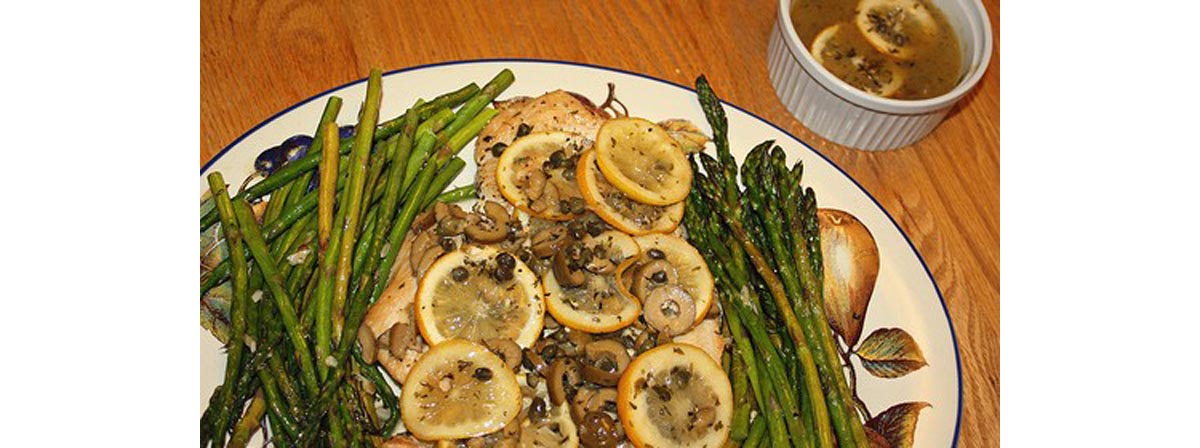Table of Contents
Dr. Erin Richman, an epidemiologist at the University of California at San Francisco, says that it isn't necessary for men who have already been given a diagnosis of prostate cancer to avoid every kind of fat. In fact, eating the right kind of fat is what really makes a difference, although the amount of fat needed for a protective effect is really quite small.

Richman and her colleagues followed 4,500 men who had been diagnosed with non-metastatic prostate cancer. The men were participants in a large national study called the Health Professionals Follow-Up Study. The men filled out questionnaires about their diets every four years from 1986 through 2010. They were queried about their consumption of saturated, monounsaturated, polyunsaturated, and trans-fat, and the researchers followed to find out which men went into remission, died of prostate cancer, or died of another cause.
What Richman and collaborators discovered was if men who had been diagnosed with prostate cancer:
- Eliminated 10% of their total calories by cutting out carbohydrates and
- Replaced those calories with vegetable fat
then they had a 29% lower risk of dying of metastatic prostate cancer, spread throughout the body, and also a 26% lower risk of dying from any other condition. The researchers also found that eating more trans- fat after cancer diagnosis increased the risk of dying of any condition, although it did not specifically increase the risk of dying from prostate cancer.
Men who cut out bread, potatoes, rice, and sugar, and who ate more avocados, almonds, walnuts, sunflower seeds, pumpkin seeds, and even flaxseed oil and canola oil were less likely to develop metastatic prostate cancer and they were also less likely to die of other causes, such as heart attack or stroke.
Consuming healthy plant fats reduced the risk of developing advanced cancer even for smokers, even for men who were obese, regardless of the kind of medical treatment received and regardless of other genetic factors.
For the last 30 years, doctors have been telling everyone they should be on a low-fat diet. A low-fat diet, however, generally means that you eat more carbohydrate. It turns out that it is the sugary carbohydrates that feed the prostate cancer that can spread to other parts of the body, contrary to the advice men have received for a generation. It is still a good idea to avoid trans- fats, especially those used in cellophane-wrapped snack foods and sweets, but at least a modest amount of healthy fat in the diet turns out to protect both the prostate and the heart.
- Freedland SJ. Dietary fat and reduced prostate cancer mortality: does the type of fat matter? JAMA Intern Med. 2013 Jul 22. 173(14):1326-7. doi: 10.1001/jamainternmed.2013.7744.
- Pelser C, Mondul AM, Hollenbeck AR, Park Y. Dietary fat, fatty acids, and risk of prostate cancer in the NIH-AARP diet and health study.Cancer Epidemiol Biomarkers Prev. 2013 Apr. 22(4):697-707. doi: 10.1158/1055-9965.EPI-12-1196-T.[ Richman EL, Kenfield SA, Chavarro JE, Stampfer MJ, Giovannucci EL, Willett WC, Chan JM. Fat intake after diagnosis and risk of lethal prostate cancer and all-cause mortality.JAMA Intern Med. 2013 Jul 22. 173(14):1318-26. doi: 10.1001/jamainternmed.2013.6536.9401.
- Photo courtesy of National Cancer Institute by Wikimedia Commons : commons.wikimedia.org/wiki/File:Couple_eating_lunch.jpg
- Photo courtesy of Rian Lemmer by Flickr : www.flickr.com/photos/rianpie/5635539724/


Your thoughts on this